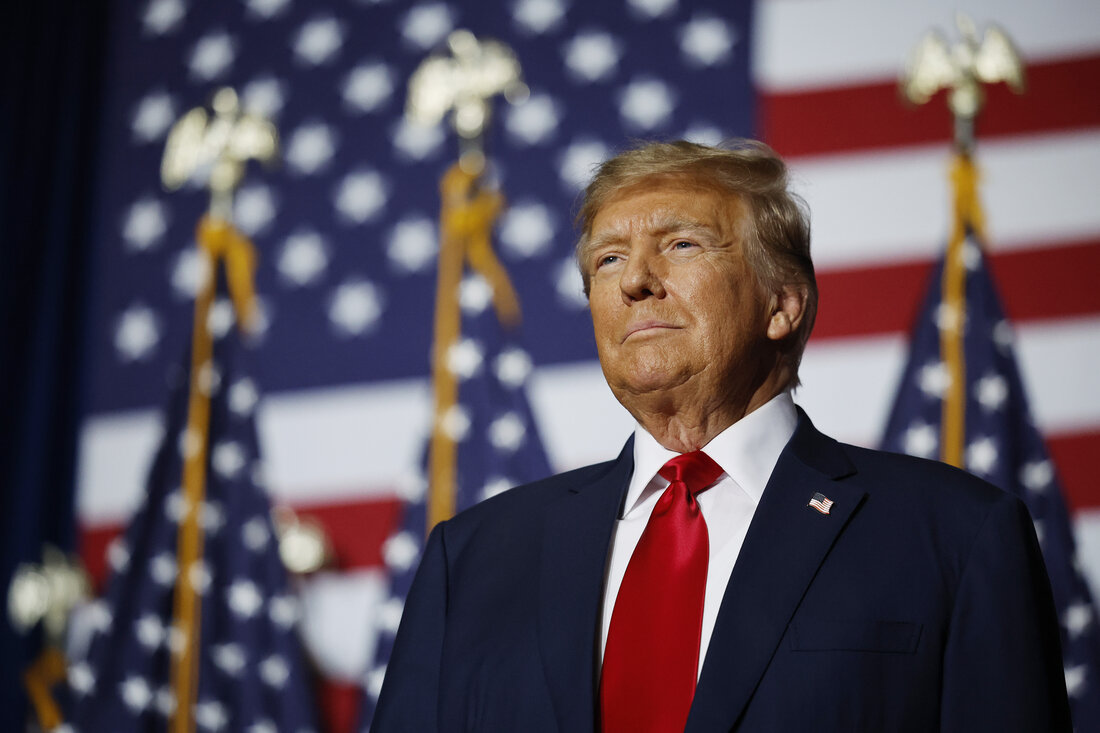African leaders voice optimism, caution following Trump’s re-election

The re-election of Donald Trump as the 47th President of the United States has sparked a wave of reactions from African leaders, with many expressing hope for strengthened partnerships in economic and security arenas.
However, not all voices are united in optimism, as analysts weigh potential shifts in U.S.-Africa relations under Trump’s renewed leadership.
In a statement issued on November 6, 2024, Nigerian President Bola Tinubu congratulated Trump, emphasizing that this second term offers an opportunity to deepen Nigeria-U.S. ties, particularly in economic development and addressing global challenges.
“This re-election represents a chance to reinforce genuine, mutually beneficial partnerships,” Tinubu said, highlighting Trump’s potential to foster a “more stable and prosperous world.”
Tinubu also praised the American electoral process as a testament to democratic principles.
Ethiopian Prime Minister Abiy Ahmed echoed this sentiment, expressing eagerness for closer cooperation.
In a social media post, Abiy underscored his desire to work with Trump’s administration to solidify bilateral relations and address key areas of mutual interest.
Togolese President Faure Gnassingbé also welcomed Trump’s victory, viewing it as a validation of the American people’s trust in his leadership.
Gnassingbé called the election a chance to further the Togo-U.S. partnership, citing shared values of peace, progress, and respect for human rights.
Leaders from other African nations followed suit. Guinea-Bissau’s President Umaro Sissoco Embaló shared hopes for enhanced ties, envisioning a term that fosters peace and development.
The Somaliland government congratulated Trump, signaling a desire to strengthen strategic relations for mutual stability and prosperity.
Zambian President Hakainde Hichilema commended the democratic decision of the American people, reaffirming his commitment to advancing Zambia-U.S. cooperation.
The positive responses to Trump’s re-election extended beyond government officials. Mozambican opposition leader Venancio Mondlane congratulated Trump, lauding the democratic process in the U.S. as a model to follow, emphasizing the importance of honoring the will of the electorate.
Despite the predominantly optimistic tone, some analysts expressed caution over potential changes in U.S.-Africa policy.
Dr. Alioune Aboutalib Lô, a researcher at the AKEM Center in Istanbul, voiced reservations in an interview with APA.
“A Trump victory could have notable implications, particularly in trade, security, and human rights,” he warned. Lô suggested that Trump’s approach may prioritize pragmatic economic and security interests, possibly at the expense of human rights advocacy.
As Trump prepares to re-enter the Oval Office, African leaders and observers alike are closely watching for signs of how his administration will engage with the continent in the years to come.
About The Author
dailymailafric
I am an avid African news observer, and an active member of Daily Mail Africa.
I’m Passionate about staying informed on diverse topics across the continent,
I actively contribute to publishing on political, economic and cultural developments in Africa.



